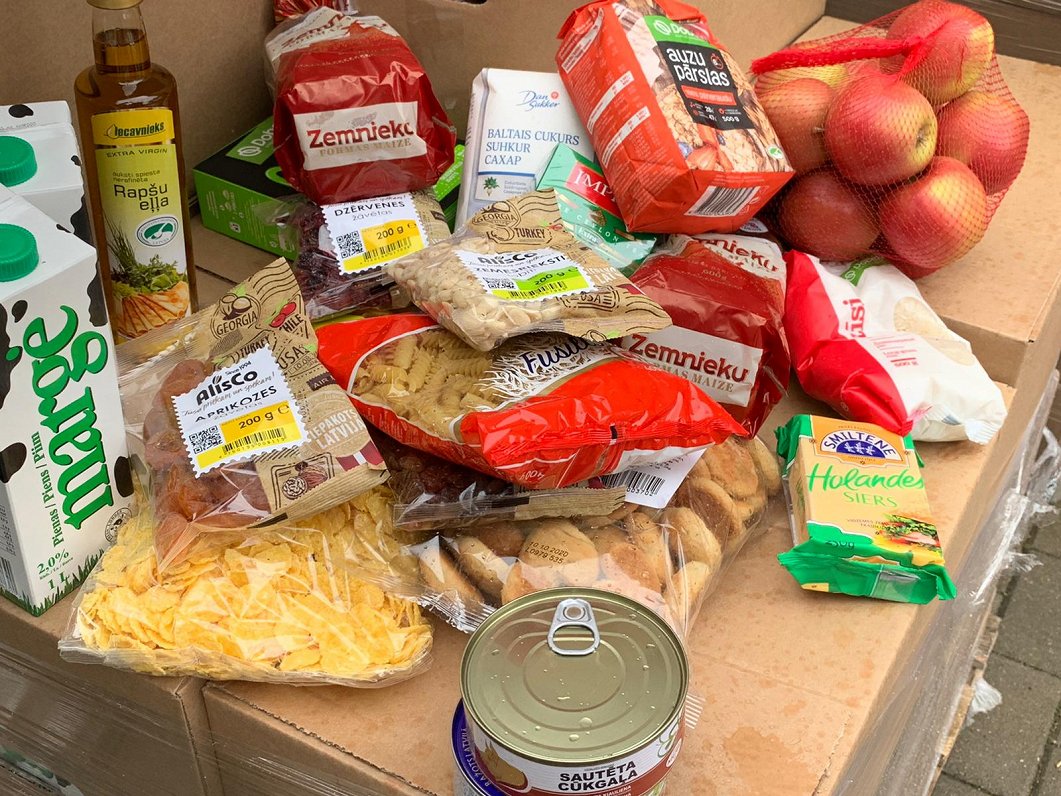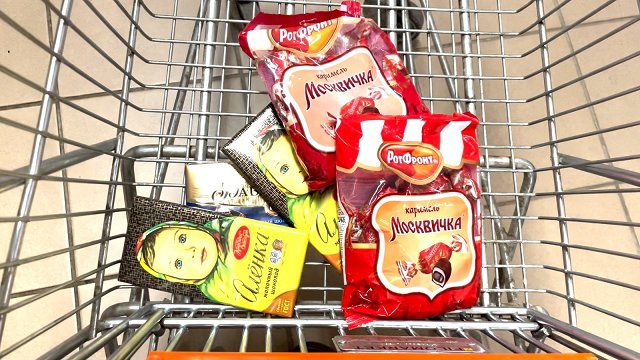Since March, food companies and traders can donate a wider range of products after the best before dates. The list of these foods is supplemented by groups of products such as chocolate, condensed milk, cheese, mayonnaise, ultra high-temperature (UHT) dairy products, pickled or heat-treated vegetables, vegetable oil, flour products, and the like. Agita Kraukle, the head of the Samaritan Association of Latvia project "For a Fed Latvia", told LR that demand for donated food increased by 20% in the autumn and winter, with the energy price crisis. This is around 1,000 families per month, but also the donated amount of food increases annually.
“If we saved more than 300 tonnes of food from discarding last year, we will now reach this volume by the end of the summer and think that this year we will have transferred some 400 or even more tonnes of food to the needy,” Agita Kraukle says. "In general, we are able to cover the demand for food with what is donated. You can always help more, and accept more, but people are very grateful. If in the past people were grateful for the bread, the pastries, and some snacks, then the support now is that they can not only snack but make soup with meat and vegetables."
Guna Eglīte, head of the Latvian Association of Local Government Social Services and head of the Riga Social Service, considers that donated food for people in the sight of social services is a significant support with everyday expenses. Another recent trend is observed by Eglīte: "What we saw last year, at the very beginning of the war, when the Ukrainian people arrived in Rīga, they were not able to purchase these foods due to the lack of sufficient funding, this was a very important factor where the NGO contributed to the population for whom it was needed."
The Cabinet's rules on requirements for donation of food after the best before date could be supplemented with the possibility of also donating infant food in order to further promote the redistribution of food surpluses and prevent them from going to waste.



























